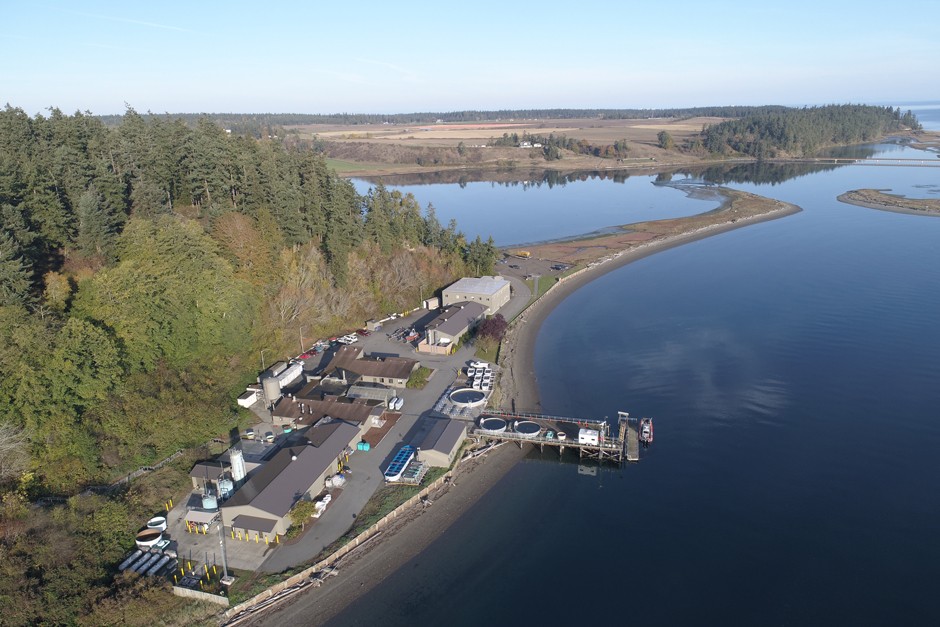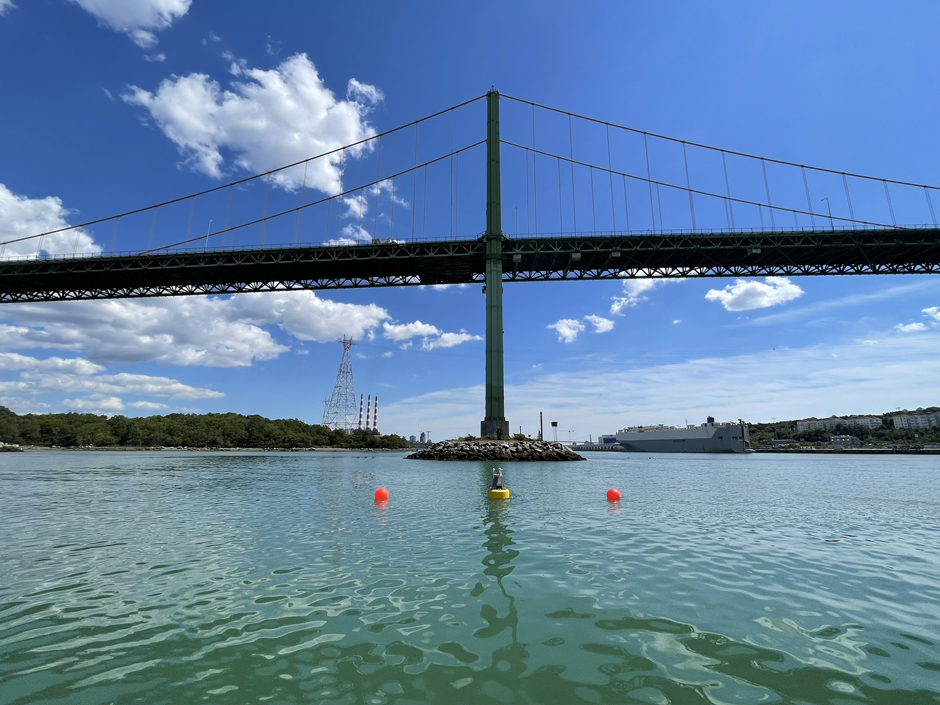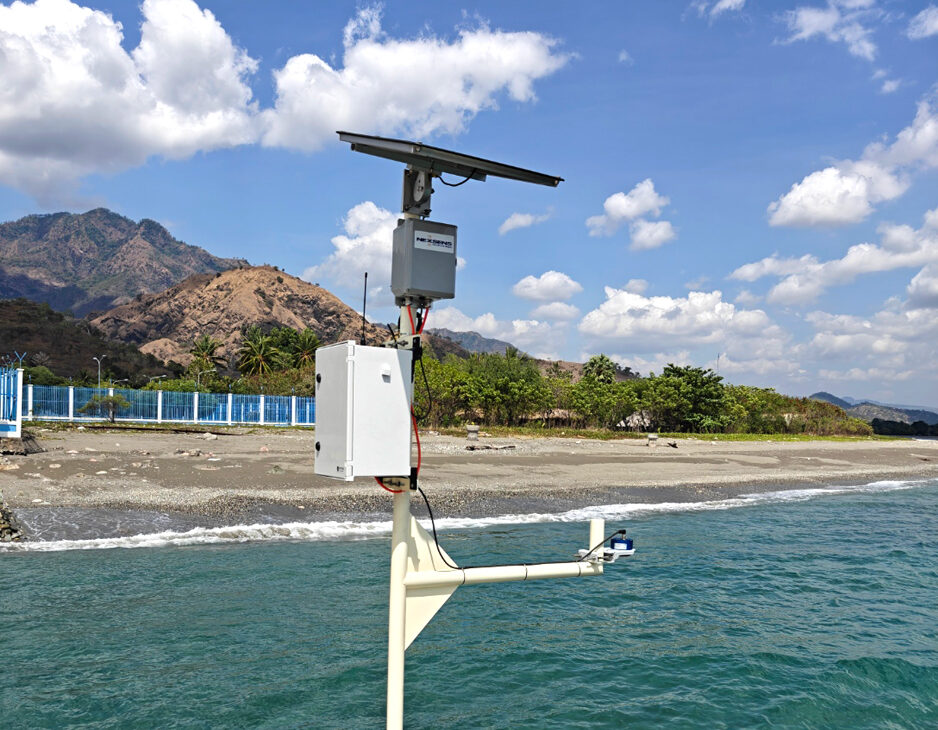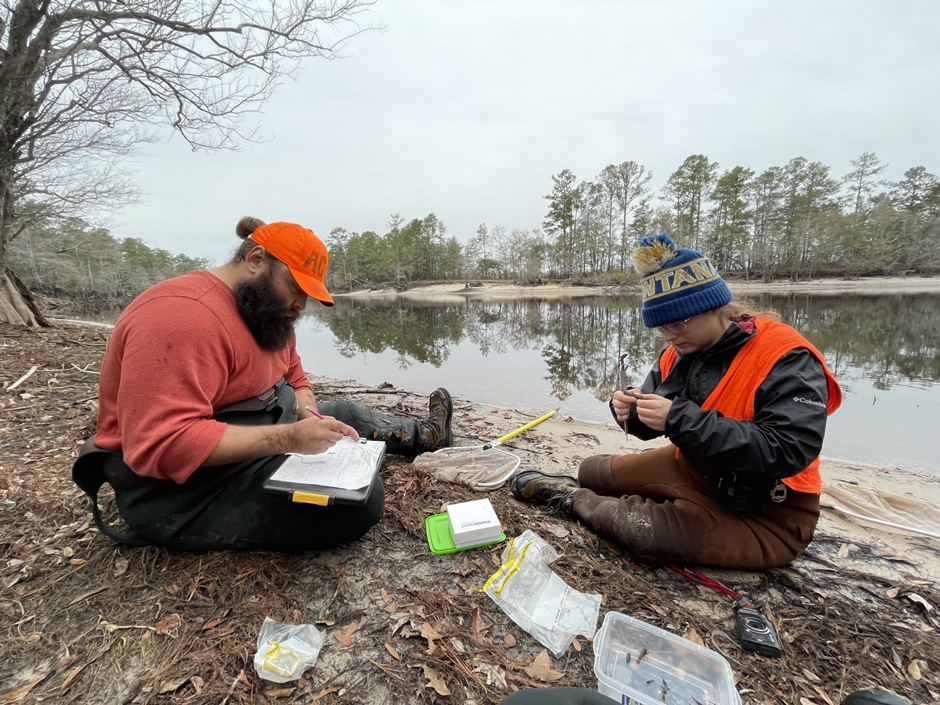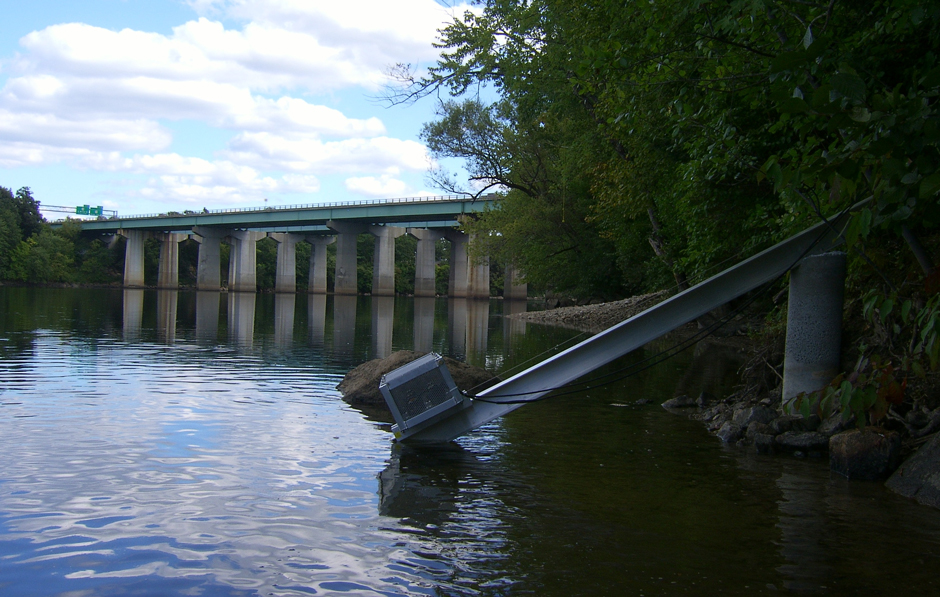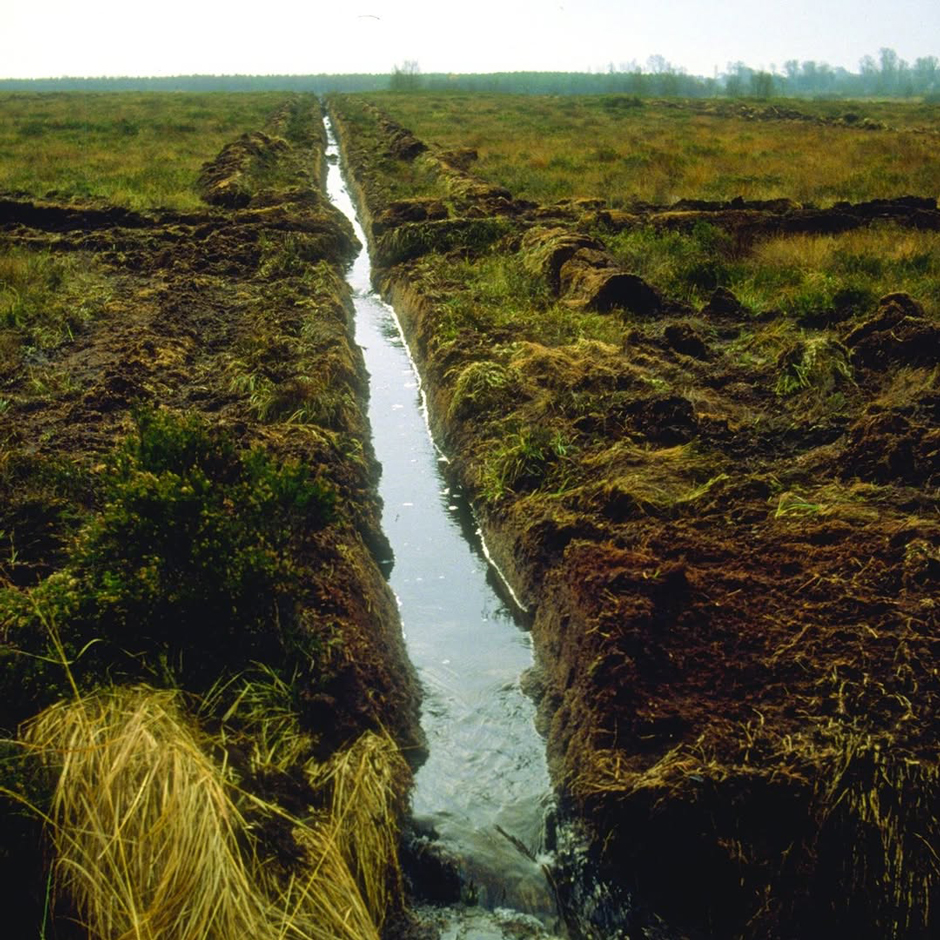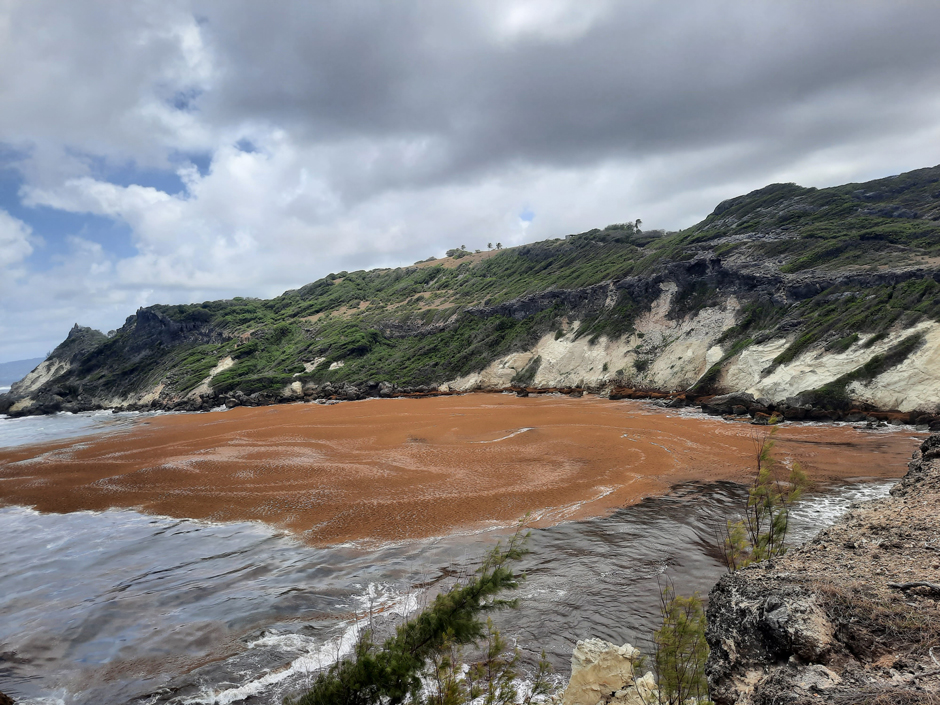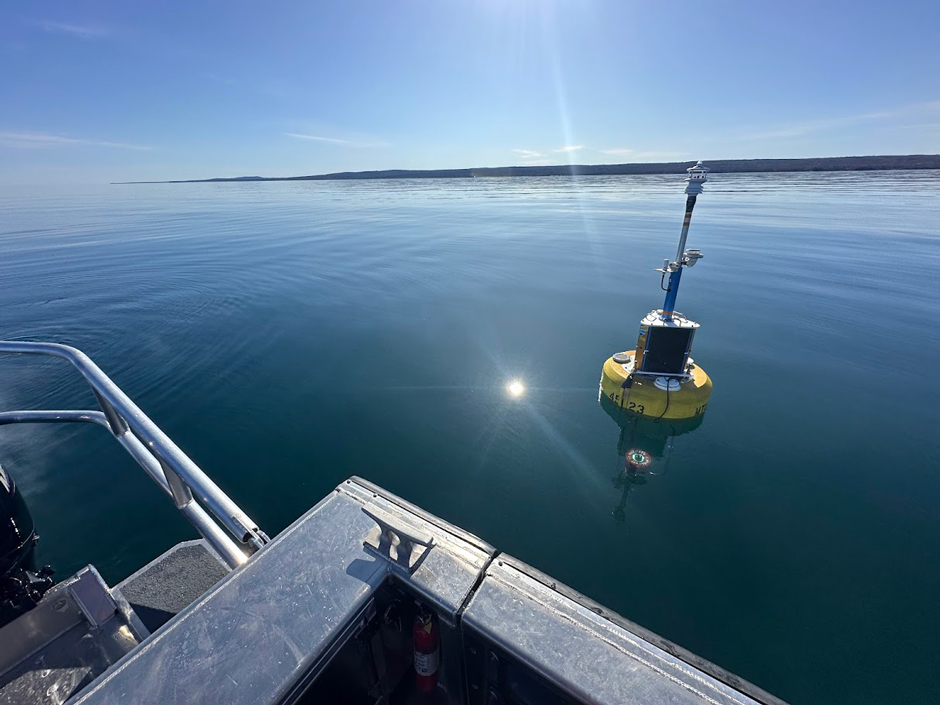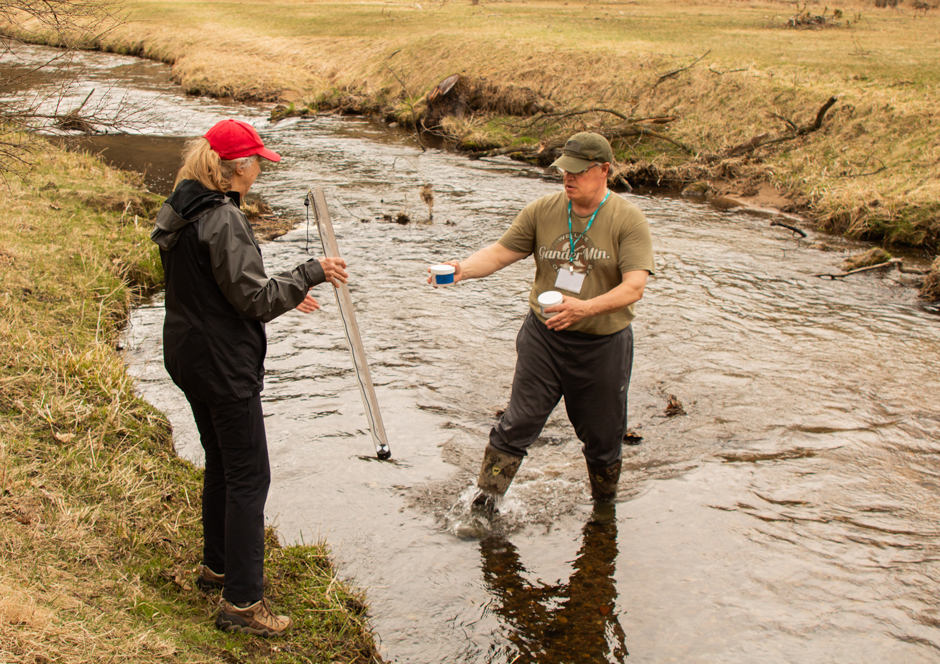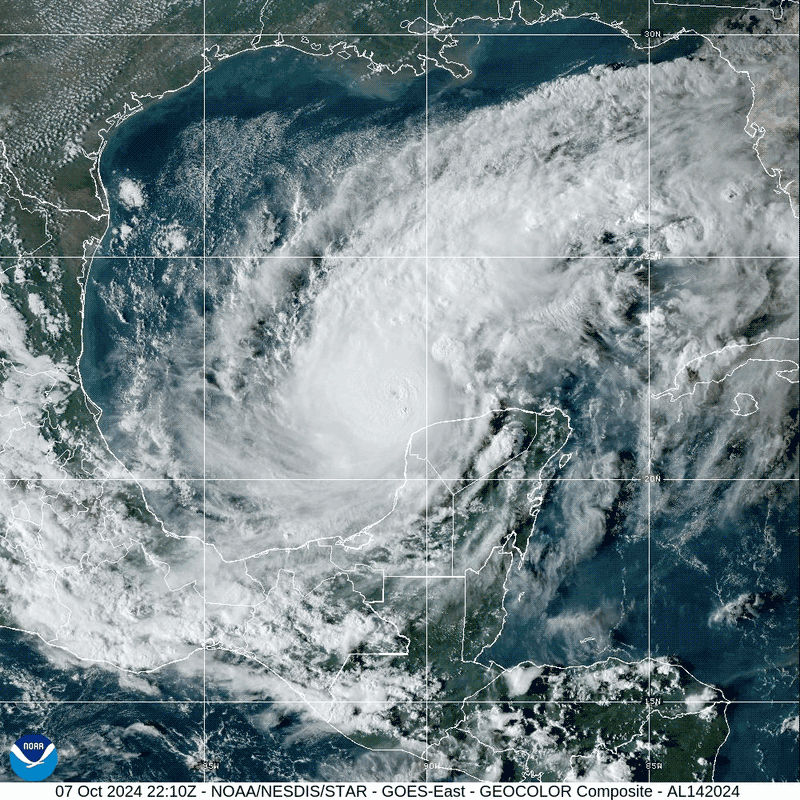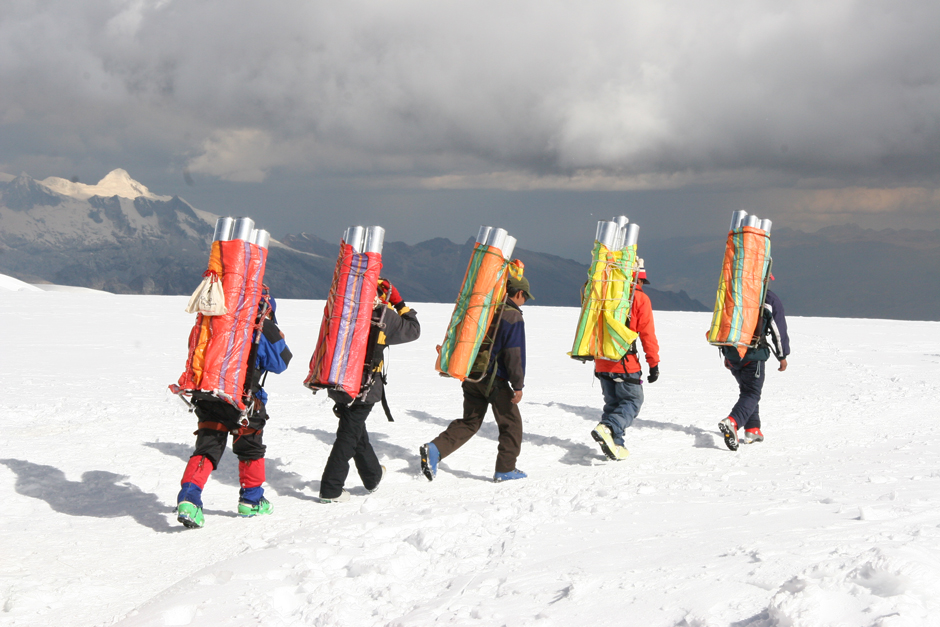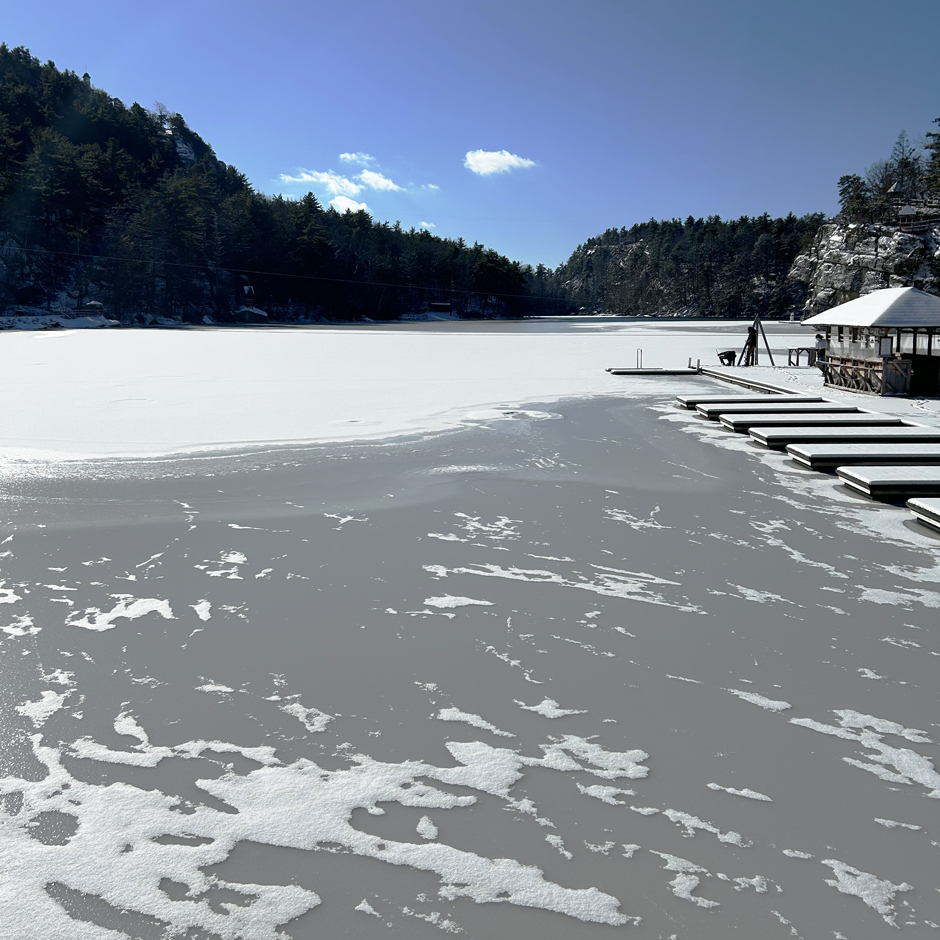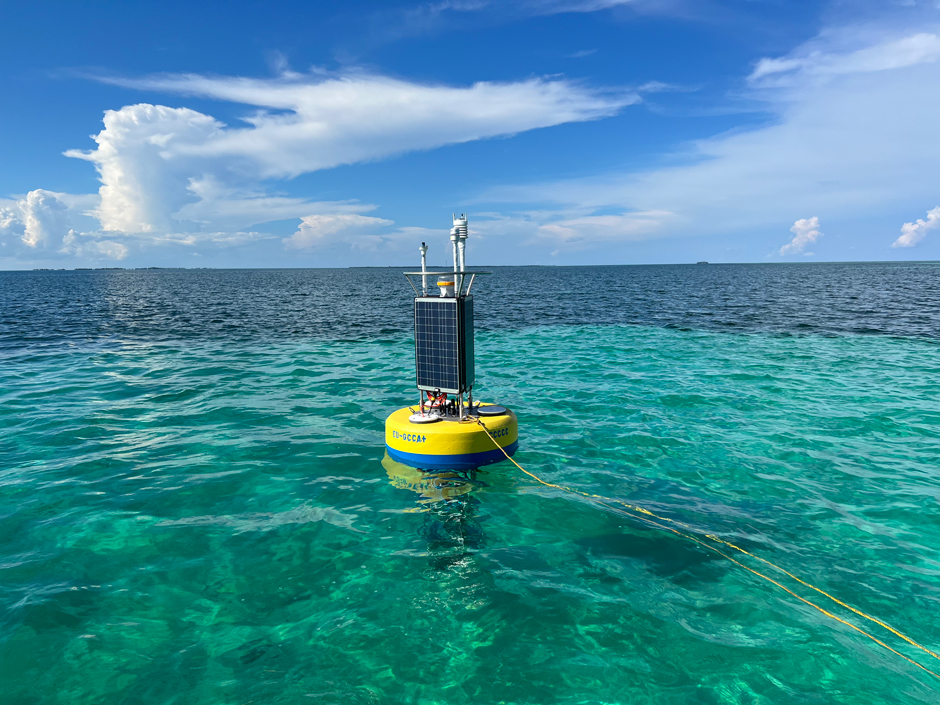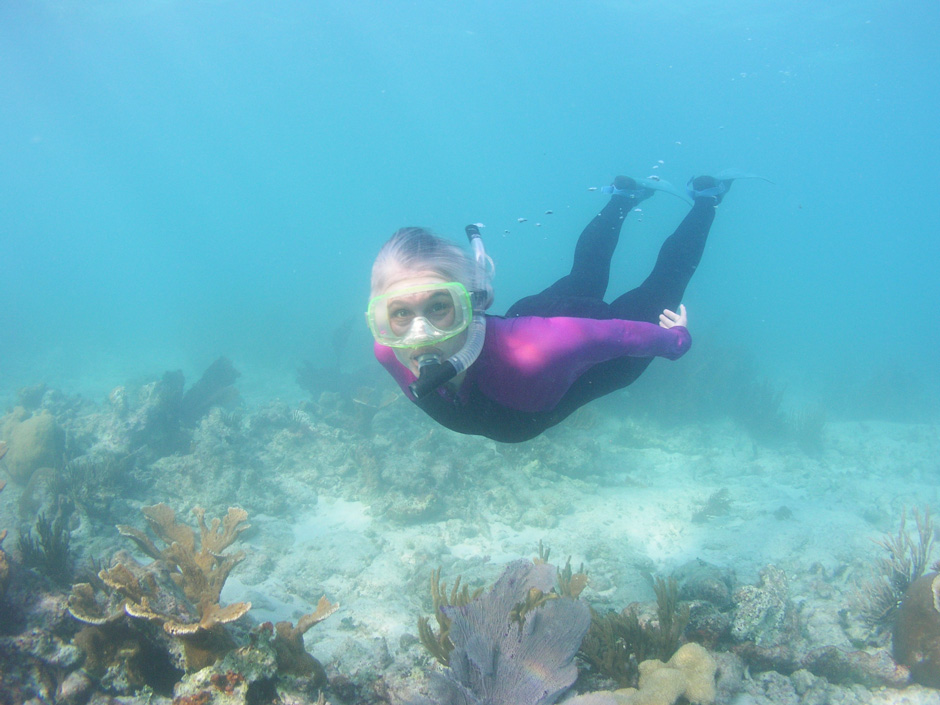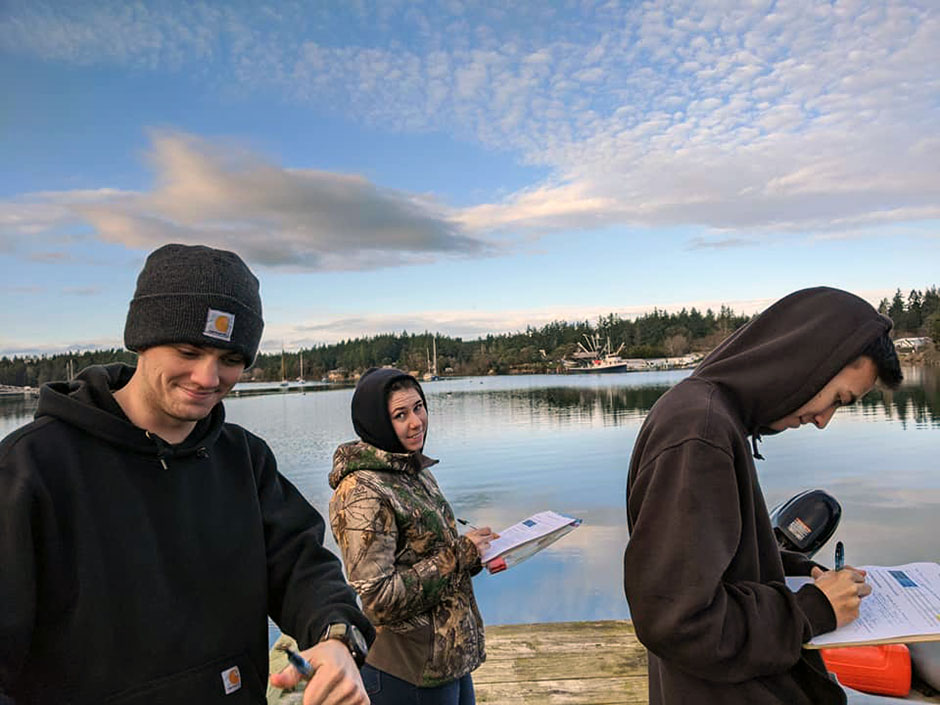Posts for tag "climate change"
Testing CO2 Removal Strategies in the Pacific Northwest
The ocean plays a key role in carbon dioxide (CO2) removal and storage, also known as carbon sequestration. However, with increasing emissions, a large amount of CO2 escapes into the atmosphere, worsening climate change and leading to...
- Posted December 1, 2025
Smart Buoys Advance Climate Monitoring in Swiss Lakes
Lakes are sentinels of climate change. Globally, they are warming at an unprecedented but uneven rate, and in many places they also face direct human pressure, including from agriculture and recreation. In the Alps, scientists generally agree...
- Posted November 12, 2025
A Powerful Solution? Buoys Tracking the Potential of Ocean Alkalinity Enhancement
The climate is a complex network of interconnected systems. Halting the cascading impacts of climate change is not as straightforward as cutting anthropogenic greenhouse gas emissions. Even if these emissions ceased entirely today, it would take many...
- Posted October 29, 2025
New Tide Gauges Bring Real-Time Ocean Data to Timor-Leste’s Shores
Timor-Leste is a growing country in Southeast Asia that occupies the eastern half of the island of Timor. Since its emergence in 2002 as the first new sovereign state of the 21st century, it has made “significant...
- Posted October 6, 2025
Thirty Years of Data: Monitoring Water Quality in the Meduxnekeag River Watershed
The Meduxnekeag River flows right through the heart of Houlton, Maine and serves as a lifeline for the Houlton Band of Maliseet Indians, who have lived off the river for centuries. However, runoff from urban development and...
- Posted September 24, 2025
Monitoring for a Cause: How Climate Change Impacts Freshwater Organisms in Southern Appalachia
Climate change and subsequent shifts in weather events are changing aquatic ecosystems across the world. Streams drying up in droughts, floods overflowing rivers and displacing freshwater organisms, climbing temperatures making environments unsuitable for native species, and other...
- Posted September 17, 2025
From Paddles to Phytoplankton: Studying Vermont’s Wildest Lakes
For six months of the year, Rachel Cray, a third-year PhD student at the Vermont Limnology Laboratory at the University of Vermont, lives between a microscope and her laptop, running data. For the other six months, she...
- Posted July 7, 2025
Monitoring New Hampshire’s Aquatic Ecosystems: Continuous Data Collection in the Lamprey River Watershed
New Hampshire’s aquatic ecosystems provide a range of ecosystem services to the state and region. Resources and services like clean water, carbon storage, climate regulation, nutrient regulation, and opportunities for recreation all depend on New Hampshire’s aquatic...
- Posted June 30, 2025
No Red Herrings: Data Driving the Largest Salt Marsh Restoration in the NE USA
The Herring River system encompasses around 1,000 acres in the Towns of Wellfleet and Truro, Massachusetts. In 1909, the Chequessett Neck Road dike was built at the river’s mouth, drastically limiting tidal flow. Today, it’s one of...
- Posted June 16, 2025
Research in the Reserve: Promoting Interdisciplinary Conservation at the Great Bay National Estuarine Research Reserve
On an early winter day in 1973, a helicopter buzzed over Durham, New Hampshire, just a few miles from the Atlantic Ocean. One of the helicopter’s guests, oil magnate Aristotle Onassis, owner of Olympic Refining, looked east...
- Posted June 2, 2025
Save our Bogs! Culture, Conservation and Climate Action in Ireland’s Peatlands
Characterized by long-term accumulation under waterlogged conditions, peatlands exist on every continent and account for 3-4% of the global land surface. Small but mighty, these often overlooked wetland environments are estimated to hold as much as one-third...
- Posted March 31, 2025
Sargassum Surge: How Seaweed is Transforming our Oceans and Coastal Ecosystems
Until recently, Sargassum–a free-floating seaweed–was distributed throughout the Sargasso Sea, the north Caribbean Sea, and the Gulf of Mexico. But in the space of a decade, this seaweed has, as one scientist remarks, “Gone from a nonfactor...
- Posted March 24, 2025
Great Lakes Research Center: Designing Targeted Monitoring Solutions
According to the National Oceanic and Atmospheric Administration (NOAA), the Great Lakes have more miles of coastline than the contiguous Atlantic and Pacific coasts combined and contain 20 percent of the world’s freshwater, making it a critical...
- Posted March 17, 2025
Watershed Stewardship in Minnesota: Protecting Valley Creek in the Land of 10,000 Lakes
The Saint Croix Watershed is home to dozens of lakes, rivers, and streams that host an abundance of aquatic life from its tributaries. Valley Creek, a tributary of the St. Croix River, is a designated trout stream...
- Posted February 24, 2025
Monitoring Hurricanes and Predicting Flooding in the Age of Climate Change
Still recovering from Hurricane Helene, which caused extreme precipitation, flooding, landslides, and other environmental disasters associated with severe weather, the southeastern part of the U.S. is predicted to be hit by another storm, Hurricane Milton. With Hurricane...
- Posted October 9, 2024
Collecting Data at the Top of the World: How Scientists Retrieve Glacial Ice Cores
A helicopter touches down in the small town of Sicuani, Peru, at an elevation of 11,644 feet. Earlier that day, a boxcar brought fuel, drills, food, and other equipment for a glacial expedition. The year is 1979,...
- Posted March 18, 2024
Thin Ice: Monitoring Winter Lake Dynamics at Mohonk Lake
Historically, water quality monitoring during the winter has been difficult and often avoided altogether—however, monitoring throughout the year can highlight the influence of various environmental stressors and track the changes systems undergo during the winter. In particular,...
- Posted January 22, 2024
Sustainable Data Collection: Climate Monitoring in the Caribbean
The Caribbean Community Climate Change Centre works to establish environmental monitoring networks and systems in the Caribbean.
- Posted November 20, 2023
Coral Resilience: Determining the Fate of Coral in a Changing Climate
Recent research suggests that some coral may be able to survive and thrive despite climate change, especially with some human assistance.
- Posted September 5, 2022
So Far Yet So Close: Remote Sensing at Everett
Integration of remote sensing technology into undergraduate education can help society solve environmental problems faster.
- Posted August 22, 2022


